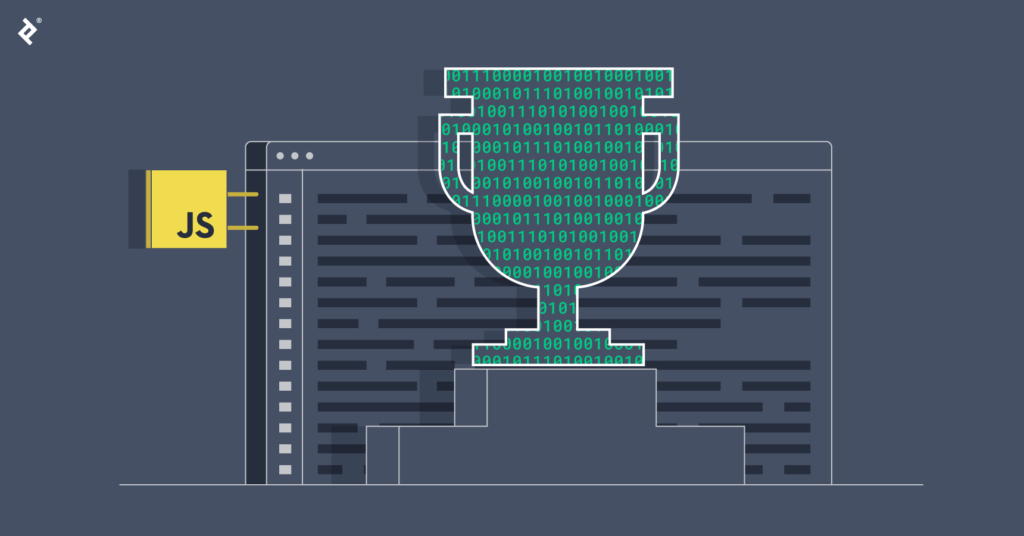In the rapidly evolving world of technology, staying ahead requires continuous learning and skill enhancement. For aspiring developers and seasoned professionals alike, coding challenges offer an excellent opportunity to refine programming skills, solve complex problems, and prepare for a successful career in software engineering. Whether you’re focusing on front-end development, back-end development, or full-stack development, tackling coding challenges is a proven method to sharpen your abilities and boost your career prospects.

Why Coding Challenges Matter
Coding challenges are more than just exercises; they are real-world scenarios that test your problem-solving abilities, logical thinking, and proficiency in various programming languages. Participating in these challenges can significantly enhance your understanding of data structures and algorithms, which are the backbone of efficient code. By regularly engaging in coding exercises, you not only reinforce your programming lessons but also build a portfolio that showcases your capabilities to potential employers.
Moreover, coding challenges often mimic the types of problems you’ll encounter in professional software development. This practical experience is invaluable, as it prepares you to tackle complex tasks with confidence and creativity. Whether you’re a beginner in computer programming or an experienced developer, coding challenges are a key component of effective code learning.
Types of Coding Challenges to Consider
- Algorithm-Based Challenges: These challenges focus on problem-solving using algorithms. They typically involve tasks such as sorting, searching, and optimizing, which require a deep understanding of data structures and algorithms. Participating in algorithm-based challenges is an excellent way to prepare for technical interviews and improve your coding education.
- Front-End Development Challenges: For those specializing in front-end development, these challenges focus on building user interfaces, improving user experience, and implementing responsive design. They often require knowledge of HTML, CSS, and JavaScript, and are perfect for honing your skills in creating visually appealing and functional web applications.
- Back-End Development Challenges: These challenges emphasize server-side logic, databases, and APIs. They are ideal for developers who want to improve their ability to manage data, optimize server performance, and ensure the security and scalability of applications. Mastering back-end development challenges is crucial for anyone aiming to excel in full-stack development.
- Full-Stack Development Challenges: Combining both front-end and back-end skills, full-stack development challenges require you to build complete web applications. These challenges test your ability to integrate various technologies and frameworks, manage databases, and create seamless user experiences. They are a comprehensive way to demonstrate your versatility as a developer.
- Programming Projects: Beyond individual coding exercises, working on larger programming projects allows you to apply multiple skills in a cohesive manner. Whether it’s developing a new application, contributing to open-source projects, or building your own portfolio, these projects provide hands-on experience that is highly valued in the tech industry.
How to Get Started with Coding Challenges
- Use Online Coding Platforms: There are numerous online platforms, such as LeetCode, HackerRank, and Codewars, that offer a wide range of coding challenges. These platforms provide problems of varying difficulty levels, allowing you to gradually build your skills. Additionally, they often include community discussions and solutions, which can be incredibly helpful for learning new techniques and approaches.
- Attend Coding Workshops: Coding workshops are an excellent way to engage in coding challenges while receiving guidance from experts. These workshops often focus on specific areas of computer programming, such as algorithms or data structures, and provide a collaborative environment where you can learn alongside others.
- Participate in Coding Competitions: Coding competitions, such as Google Code Jam or the ACM International Collegiate Programming Contest (ICPC), offer a competitive environment where you can test your skills against other programmers. These events are not only challenging but also rewarding, as they often lead to networking opportunities and job offers.
- Enroll in an Algorithms Course: Taking a dedicated algorithms course can give you a deeper understanding of the principles behind coding challenges. These courses typically cover topics such as sorting algorithms, dynamic programming, and graph theory, all of which are essential for solving complex problems efficiently.
- Work on Real-World Projects: Applying your knowledge to real-world projects is one of the most effective ways to learn. Whether it’s developing a web application, creating a mobile app, or contributing to an open-source project, these experiences allow you to see the practical application of coding challenges and how they fit into larger programming projects.
Benefits of Engaging in Coding Challenges
- Improved Problem-Solving Skills: Regularly participating in coding challenges hones your problem-solving abilities, allowing you to think critically and approach problems from different angles. This skill is essential in all areas of software engineering.
- Enhanced Knowledge of Data Structures and Algorithms: Coding challenges often require the use of various data structures and algorithms. By solving these problems, you deepen your understanding of how to implement these concepts effectively, which is crucial for writing efficient and optimized code.
- Better Preparedness for Technical Interviews: Many technical interviews include coding challenges as part of the assessment process. By practicing regularly, you become more comfortable with the types of questions that might be asked, increasing your chances of success.
- Career Advancement Opportunities: Demonstrating proficiency in coding challenges can make you a more attractive candidate for job opportunities. Employers value candidates who can solve complex problems efficiently, and a strong track record in coding challenges can set you apart from other applicants.
- Continued Learning and Growth: The field of computer programming is constantly evolving, and coding challenges provide a way to keep your skills up to date. By regularly engaging in these exercises, you ensure that your knowledge remains relevant, helping you stay ahead in your career.

In the competitive world of technology, coding challenges are an essential tool for leveling up your skills and advancing your career. Whether you’re focusing on front-end development, back-end development, or full-stack development, these challenges offer valuable opportunities to apply your knowledge, solve complex problems, and prepare for success in the field of software engineering. By embracing coding challenges as part of your regular routine, you can build a strong foundation that will support your growth and achievement in the tech industry.




